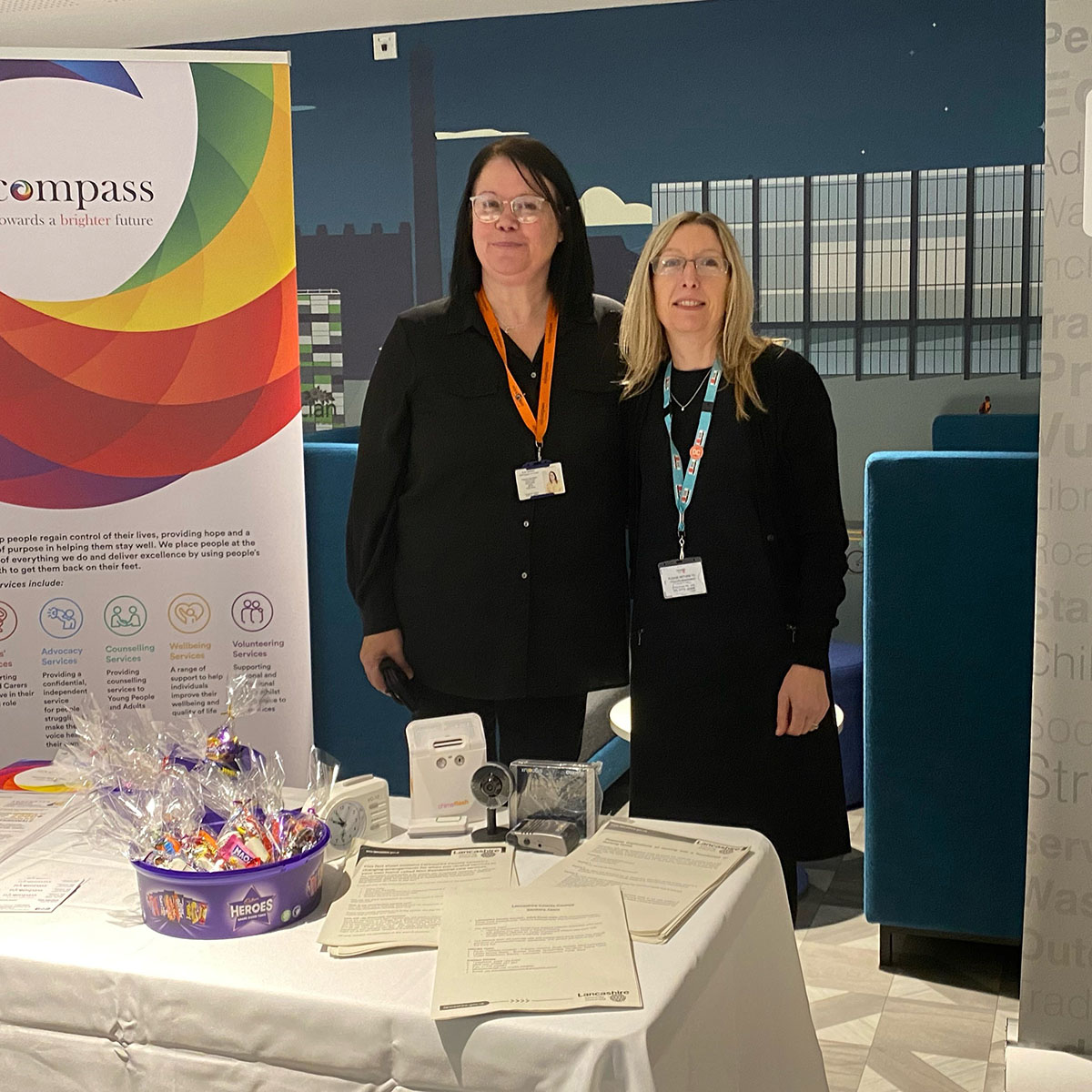strengthening communities
Beyond individual support, N-Compass plays a vital role in creating positive change in the places we operate. We actively contribute to local social value, volunteering, and sustainability efforts to build stronger, more connected, and resilient communities.

How we strengthen places
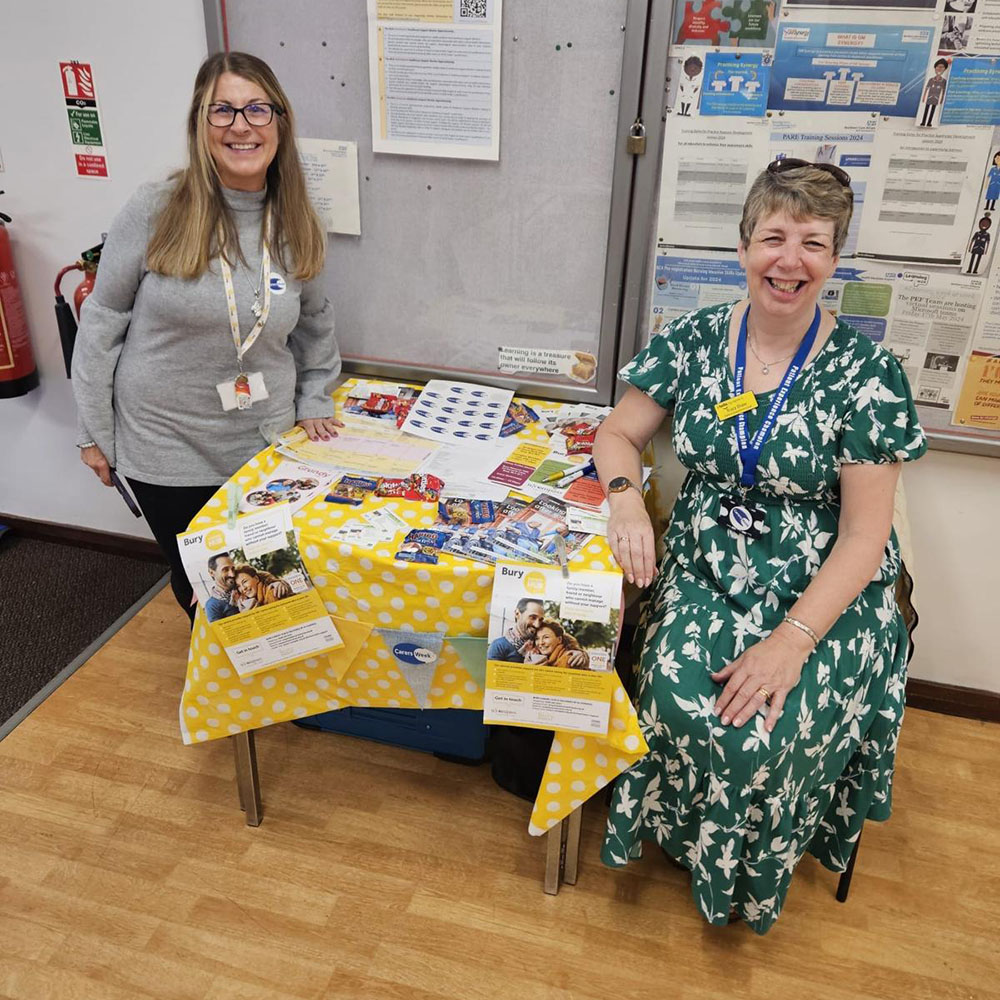
Community investment
Our services not only support individuals but also contribute to strengthening local infrastructure. By employing local people, developing community partnerships, and delivering place-based initiatives, we enhance the social value of the areas we serve.
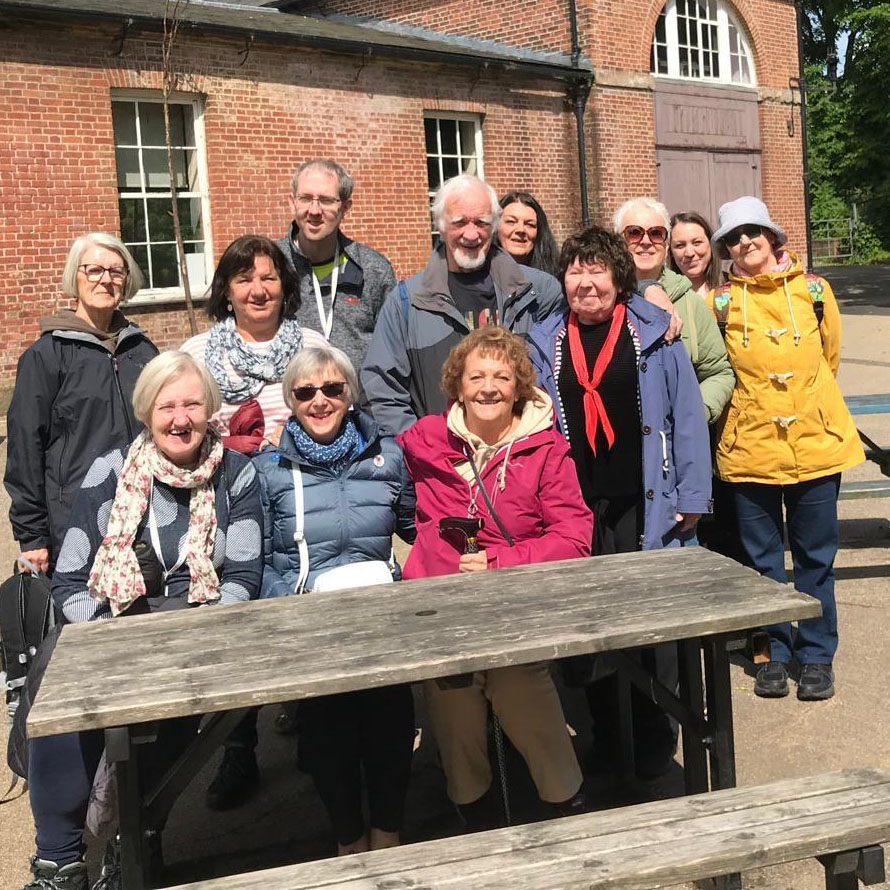
Tackling social isolation
Loneliness and social isolation can have significant mental and physical health impacts. Through befriending schemes, peer support groups, and accessible community services, we help individuals reconnect with their communities and build meaningful relationships.
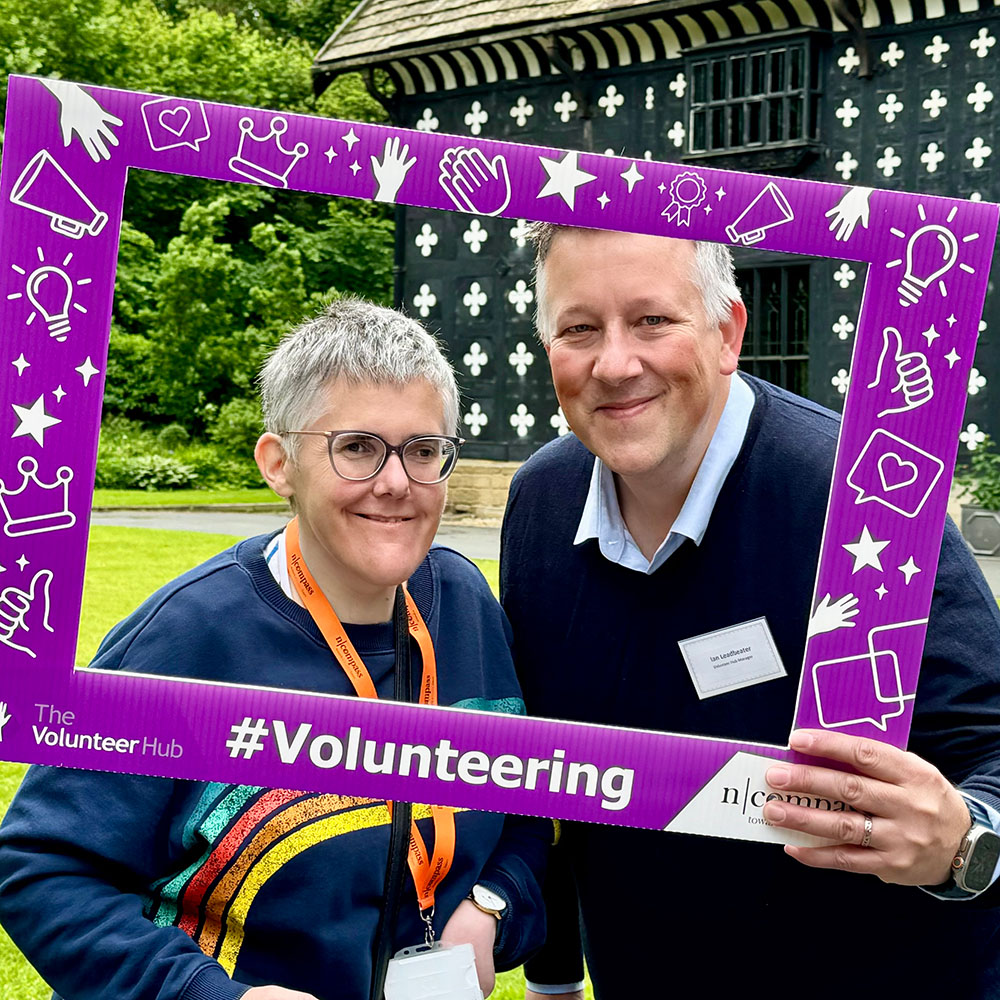
Volunteer contributions
Our volunteers dedicate thousands of hours each year to supporting those in need and building a culture of active citizenship. Whether it’s through befriending services, peer support, or community engagement, volunteers play a vital role in delivering our mission.
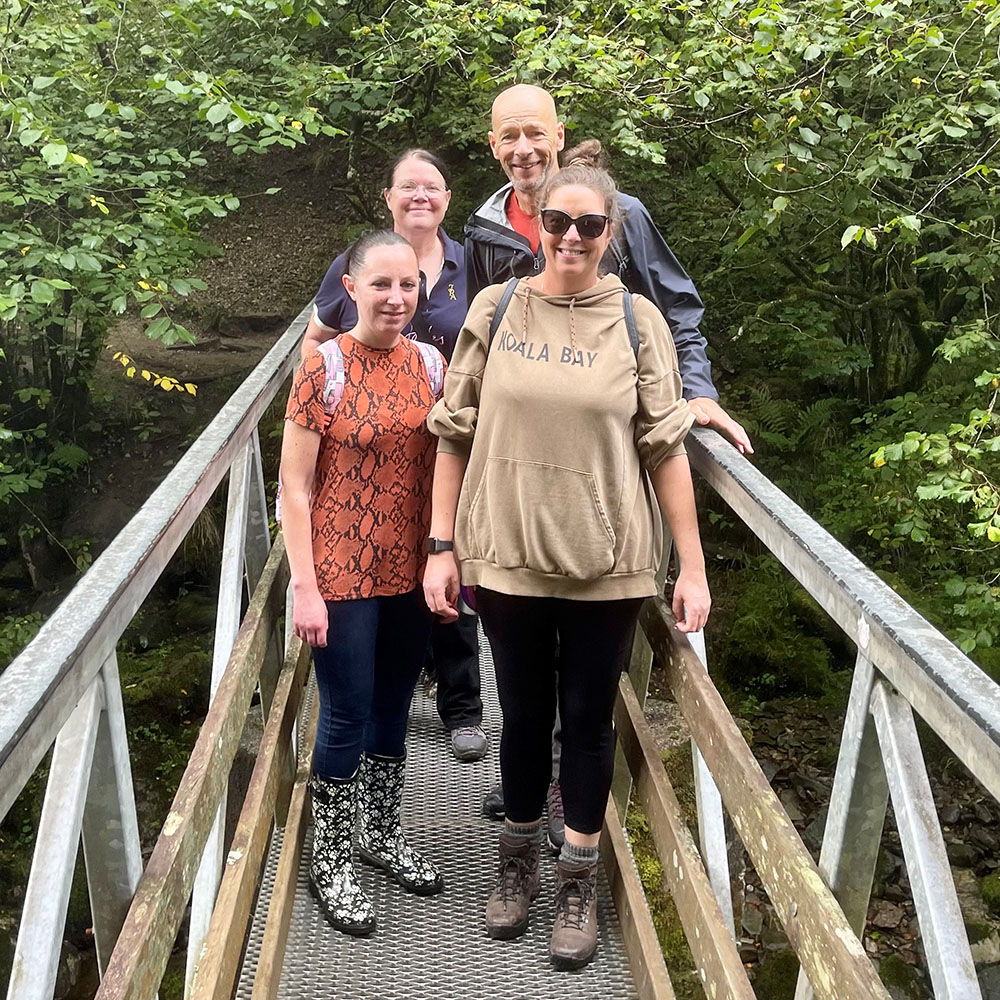
Environmental responsibility
We are committed to reducing our environmental impact as part of our long-term strategy for sustainability. From digital-first service delivery to minimising waste and promoting sustainable practices, we ensure that our work has a positive impact on the environment as well as people. This is our Carbon Reduction Plan.
CASE STUDY
Enhancing Access For BSL Users
At a recent Healthier Lancashire and South Cumbria workshop on Integrated Primary and Community Mental Health Transformation, the N-Compass Deaf Link Worker observed that plans to improve mental health care did not fully consider the needs of BSL users. There was concern that the proposed Community Care Model might not enhance access to services for the Deaf community in Lancashire.
In response, the Deaf Link Worker organised a meeting with key members of the transformation team. The discussion highlighted the importance of including the Deaf community’s perspective and revealed that BSL users had not yet been consulted. Following this, the Link Worker arranged for a BSL user, who had previously faced challenges in accessing mental health support, to share her experiences in a meeting with the Enhancing Experience Matron. Her account of the barriers encountered helped shape positive change in service delivery.
Work continues with the implementation team, and the Deaf Link Worker has already delivered training sessions for mental health professionals. These sessions focussed on the rights and needs of the Deaf community and ensured that services are accessible to BSL users while meeting current legislation. This collaborative approach has created a more inclusive environment for mental health care in Lancashire, paving the way for ongoing improvements in service delivery.

